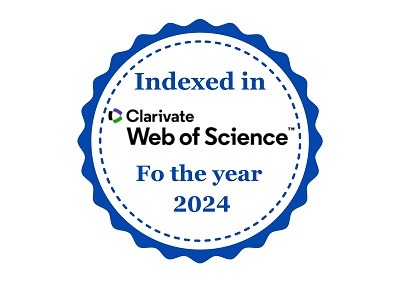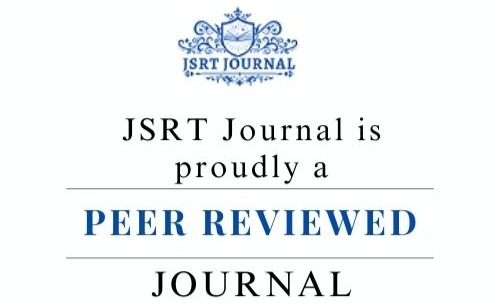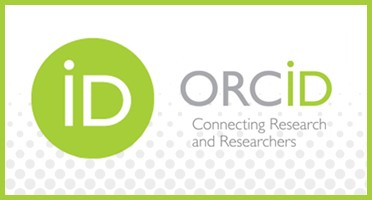Survey of Machine Learning's AI Use Cases in Contemporary Universe
Keywords:
Machine learning, artificial intelligence, supervised learningAbstract
This article examines the pivotal role of machine learning (ML) algorithms in advancing artificial intelligence (AI) across diverse contemporary domains, including healthcare, cosmology, ecology, autonomous systems, and natural language processing. Through a detailed analysis, it explores how ML techniques—spanning supervised, unsupervised, reinforcement, and hybrid approaches—underpin transformative AI applications. Supervised learning, leveraging tools like convolutional neural networks and support vector machines, powers precise diagnostics in healthcare, while unsupervised methods such as principal component analysis reveal cosmic structures in cosmology. Reinforcement learning, exemplified by deep Q-networks, optimizes navigation in autonomous systems, and hybrid models like BERT enhance natural language interpretation. The study delves into these use cases, illustrating ML’s adaptability in addressing complex challenges—from modeling ecological systems with gradient boosting to classifying galaxies with random forests. It further highlights cutting-edge developments, including self-supervised learning’s data efficiency, quantum ML’s computational promise, and ethical AI’s focus on fairness, which collectively shape the modern AI landscape. By dissecting algorithmic strengths and their real-world impacts, the article reveals ML’s capacity to amplify human ingenuity, driving innovation across the universe’s multifaceted domains. However, it also acknowledges persistent challenges, such as data limitations and ethical considerations, as critical areas for future progress. This exploration positions ML as a dynamic force in AI, not merely supporting but redefining contemporary applications, offering insights into its current contributions and potential to reshape the intelligent universe.











